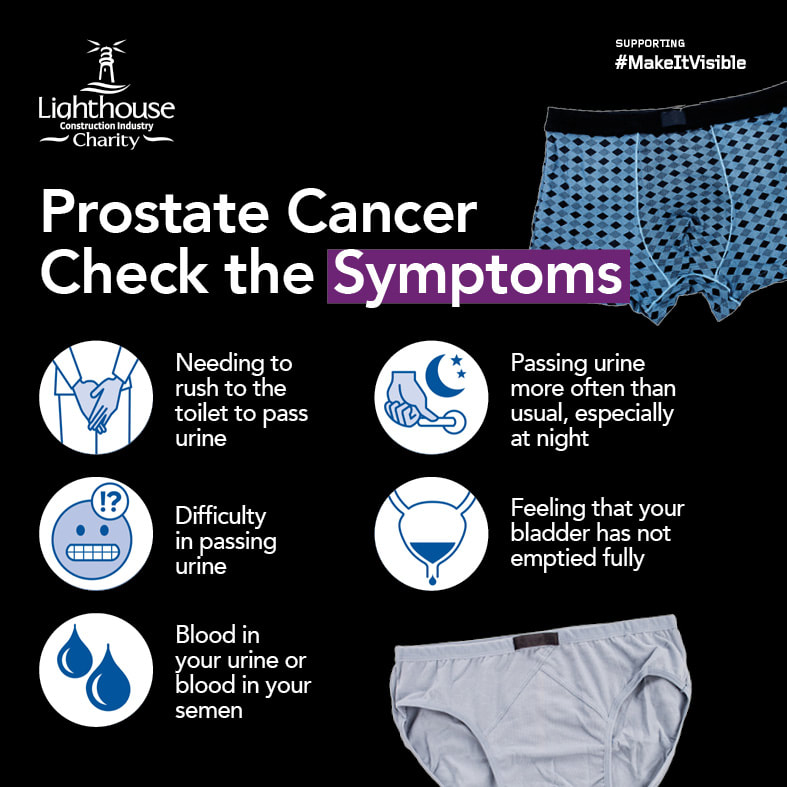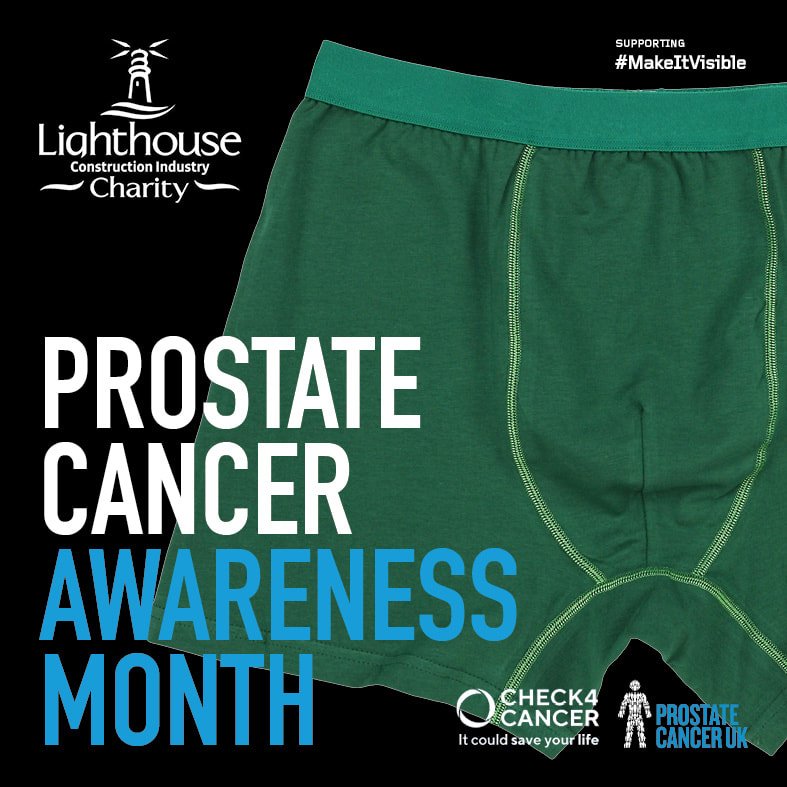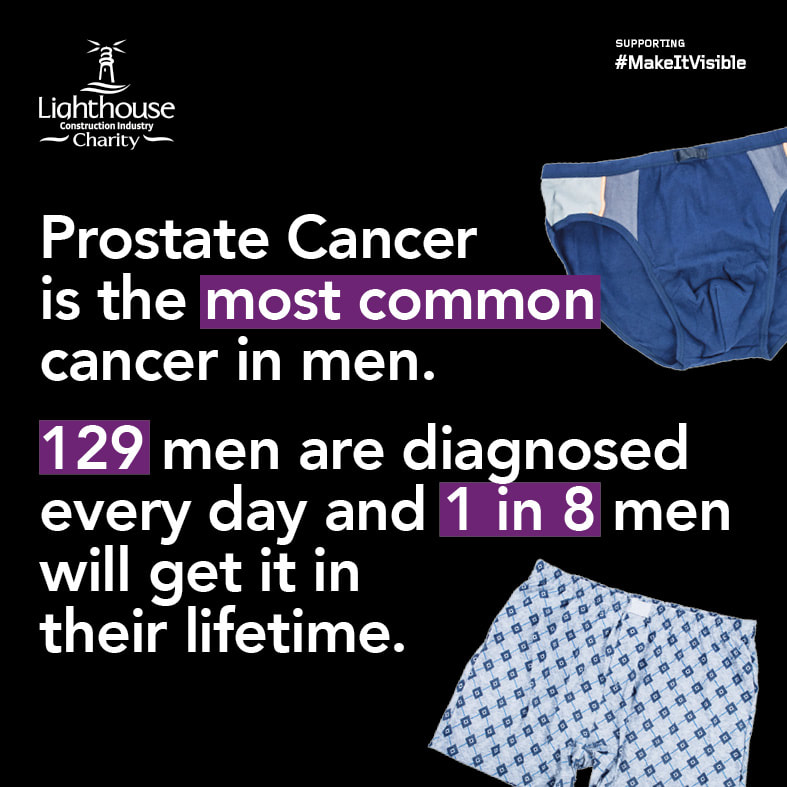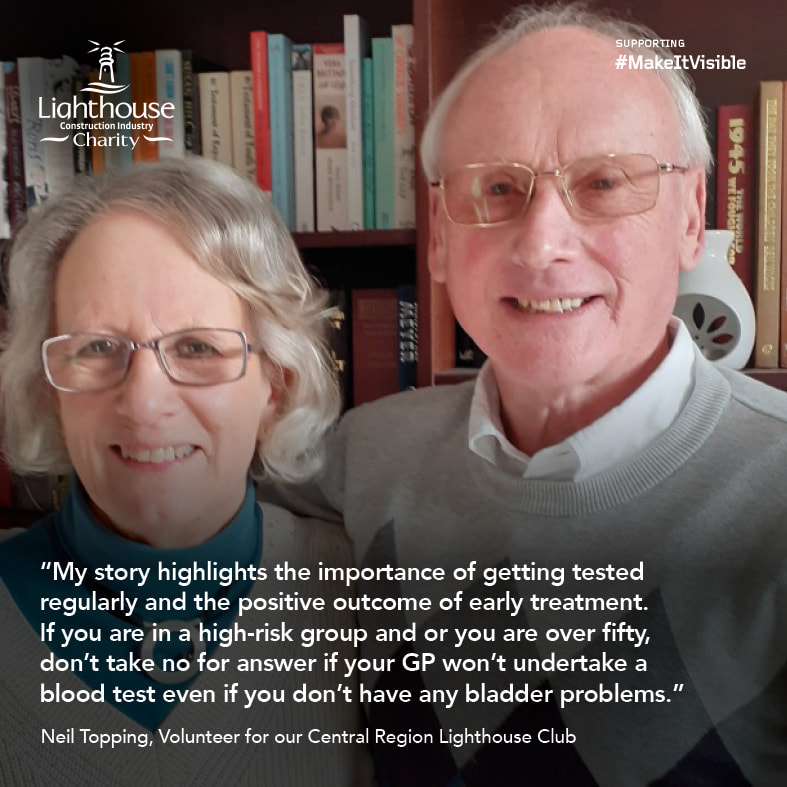What is Prostate Cancer?
Prostate cancer develops when cells in the prostate start to uncontrollably grow. It usually begins within the edges of the prostate, which sits between the bladder and the urethra and is about the size of a walnut but gets bigger as men get older.
Some prostate cancer grows too slowly to cause any problems or affect how long you live, which means that many men with prostate cancer will never need any treatment. However, in some cases, the cancer develops rapidly and is more likely to spread causing more problems and will require treatment.
Some prostate cancer grows too slowly to cause any problems or affect how long you live, which means that many men with prostate cancer will never need any treatment. However, in some cases, the cancer develops rapidly and is more likely to spread causing more problems and will require treatment.
Some statistics about Prostate cancer:
- Prostate cancer is the most common cancer in men.
- More than 47,500 men are diagnosed with prostate cancer every year, translating to roughly 129 men every day.
- Every 45 minutes one man dies from prostate cancer, more than 11,500 men every year.
- 1 in 8 men will be diagnosed with prostate cancer in their lifetime.
- Around 400,000 men are living with and after prostate cancer.
Who is at risk?
About 1 in 8 men will get prostate cancer in their lifetime.
Prostate cancer mainly affects men over 50, and your risk increases with age. The risk is even higher for black men and men with a family history of prostate cancer.
Prostate cancer mainly affects men over 50, and your risk increases with age. The risk is even higher for black men and men with a family history of prostate cancer.
What are some of the symptoms?
Because of the way the cancer grows, most men don't exhibit any symptoms in the early stages. You’ll usually only get early symptoms if the cancer grows near the tube you urinate through (the urethra) and presses against it, changing the way you urinate.
|
Some possible noticeable changes include:
If you do notice changes in the way you urinate, this can be a sign of a very common, non-cancerous problem called an enlarged prostate, or another health problem. But it’s still a good idea to get it checked out. |
Getting Help
If you think you might have or are at risk of prostate cancer, we recommend contacting your GP or visit
Prostate Cancer UK or the Marie Keating Foundation (ROI).
Prostate Cancer UK or the Marie Keating Foundation (ROI).
Alternatively, if you'd like a more holistic approach when receiving help, for example if you're seeking financial support while you undergo treatment or counselling after having received a diagnosis, or don't quite know where to start, feel free to contact our charity via one of our channels to see how we can help you.
- Call our free 24/7 Construction Industry Helpline, 0345 605 1956 (UK) or 1800 939 122 (ROI) if you'd like to talk to someone directly about any problems you're facing.
- Text HARDHAT to 85258 (UK) or 50808 (ROI) if you'd rather communicate with our trained volunteers via text message.
- Download our free Self Support App on iOS or Android to access resources on a variety of conditions and issues, self-assessment tools, coping strategies and referral pathways to expert advice and support.
Neil's StoryThe following story has been provided by Neil Topping, one of our fantastic volunteers for our Central Region Lighthouse Club. Neil has been a volunteer Wellbeing Visitor for our charity for 27 years and when he learned of us focussing on raising awareness about Prostate Cancer he immediately offered to share his own journey from diagnosis to recovery.
'The story of my diagnosis begins 20 years before that fateful day in November 2015 when I was told that I had the condition. My in laws lived in Scotland and my father in law, Eric underwent an operation in 1992. We weren’t really aware of the seriousness of the situation at the time, because he lived over 400 miles away and it was a sensitive subject. So it took a year or two before we learned of his diagnosis. After spending time with him in the years that followed the operation, it was clear that he was struggling. My wife Heather and I assumed that the cancer had probably spread to other parts of his body prior to his diagnosis and that these had remained and spread further after his prostate operation. |
Sadly Eric passed away just 3 years later in 1995. However, almost his last words from his hospital bed to my brother-in-law and to me were, “Get yourselves checked regularly”.'
Elvin's StoryDealing with Prostate Cancer can be extremely difficult, particularly when having to make important decisions about how to tackle the diagnosis.
In this video, Elvin shares the decisions he faced when it came to surgery, the impact diagnosis and treatment had on his sex life and mental state, and most importantly how he came out stronger than before. |
|













